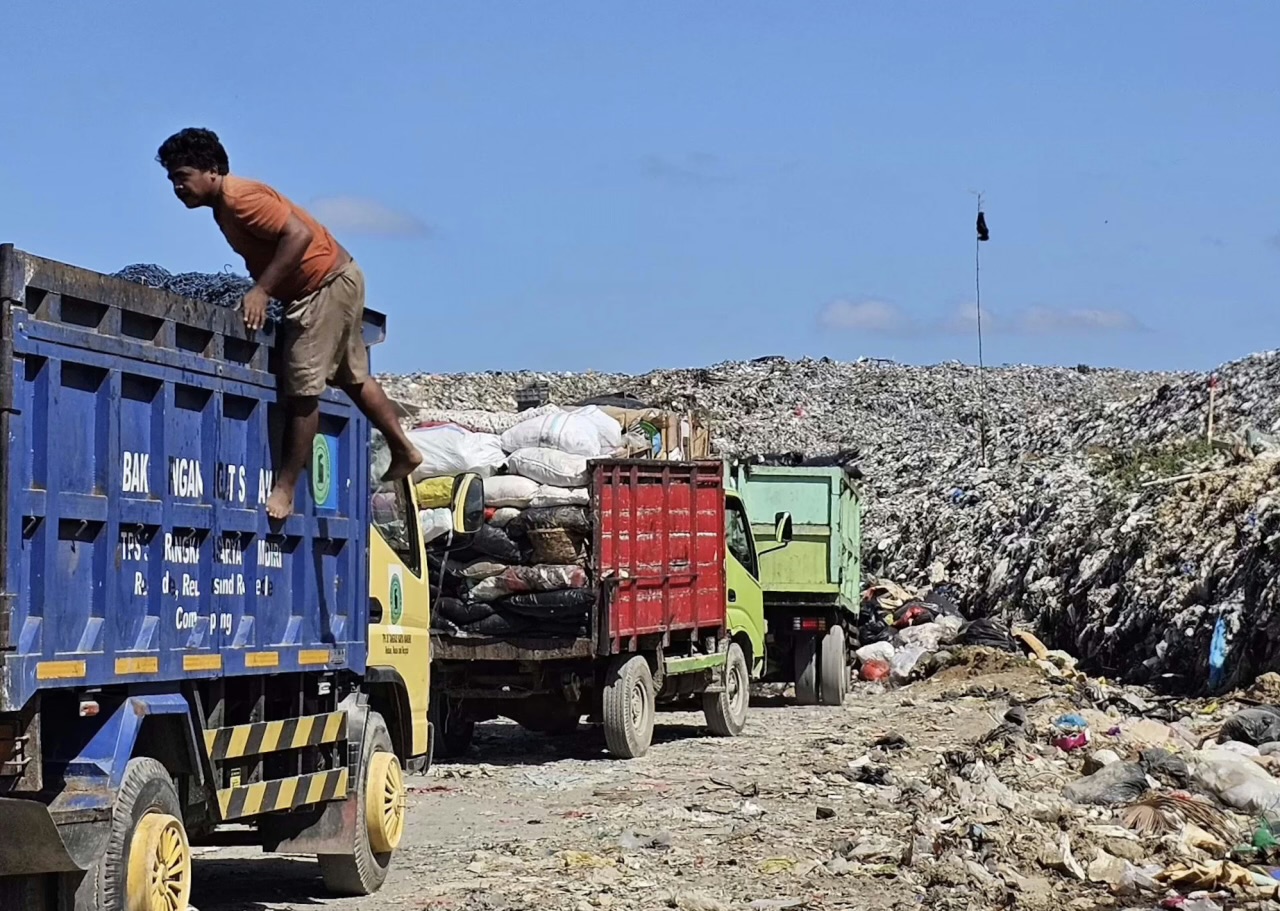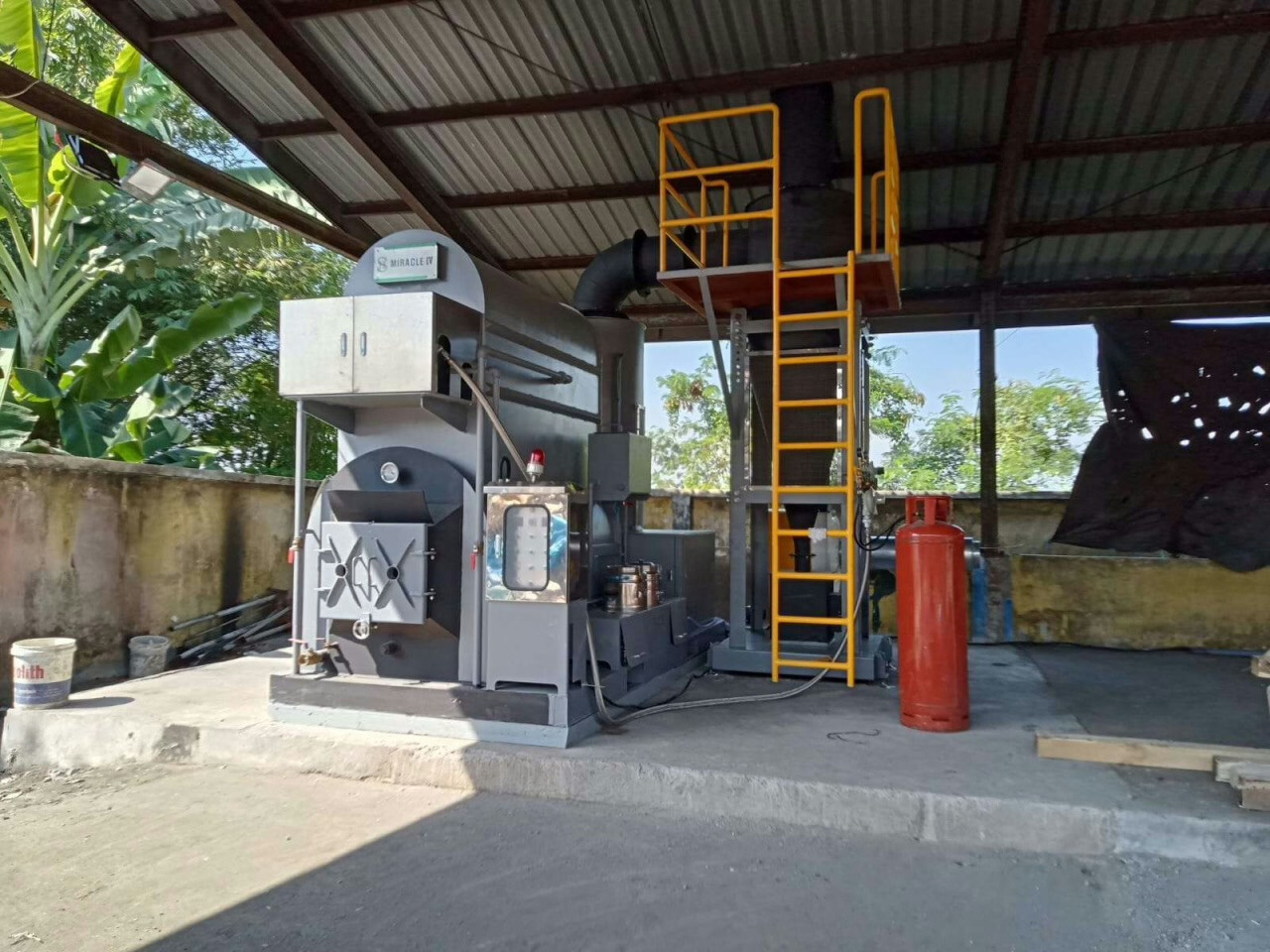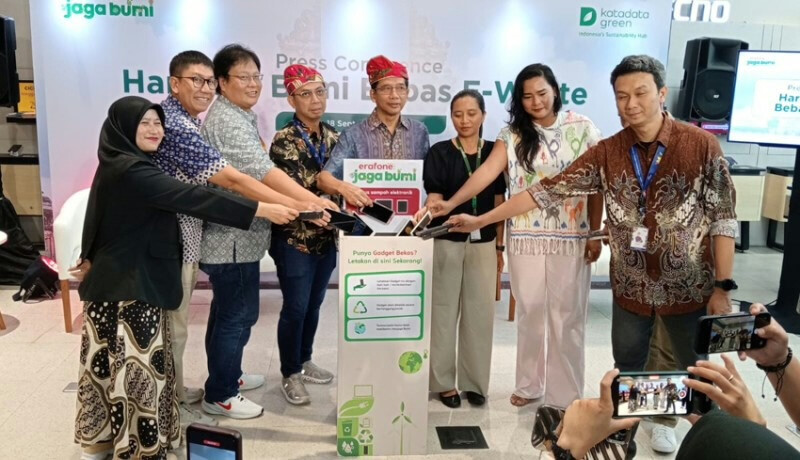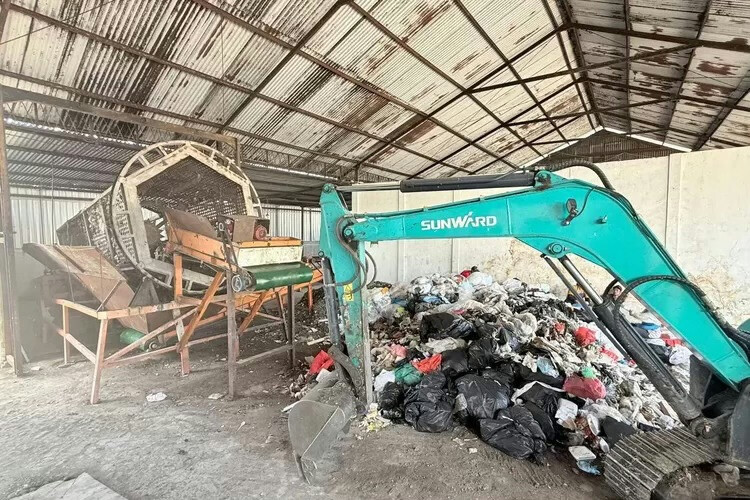Bali's waste will be converted into energy by 2027. Officials have officially launched the PSEL (Pengolahan Sampah menjadi Energi Listrik) project. It's a plant where waste will be processed into enough electricity to permanently solve the island's waste problem. Even what's currently stored at the largest landfill, TPA Suwung, will be utilized.

According to the provincial government, a site for construction has already been allocated — 6 hectares of land in the south of Denpasar, near the old landfill. The land was provided free of charge by the company Pelindo (PT Pelabuhan Indonesia). The project is implemented with the involvement of the Bali government, the Ministry of Environment and Forestry (KLHK), the Presidential Secretariat (KSP), and the company Danantara, which is fully funding it. The regional budget will not be used.
The Deputy Governor of Bali, I Nyoman Giri Prasta, confirmed that the project will be the ultimate solution to the island's waste crisis. Groundbreaking is scheduled for 2026, and by mid or late 2027, the facility should be fully operational. Once PSEL is operational, landfills will be a thing of the past.
The new plant is expected to process no less than 1,500 tons of waste per day — roughly the same amount produced daily by Denpasar and Badung combined. If the incoming waste is insufficient, some materials will be sourced from old deposits at the Suwung landfill. Once the dump is cleared, the freed-up space is planned to be reclaimed and turned into a green zone with public spaces.
In parallel, the government will update the transport infrastructure: old open garbage trucks will be replaced with sealed vehicles to reduce odors and leaks during transport. According to the Bali Deputy Governor, waste transportation will occur strictly on schedule, ensuring that the city's waste is fully brought to the plant for processing each day by evening.
Regarding the energy generated, all the electricity produced at the facility will be purchased by the national power company PLN (Perusahaan Listrik Negara). PSEL's capacity is expected to supply power to several tens of thousands of homes without increasing the load on the existing network.
Meanwhile, the government emphasizes that the new system will not replace existing separate collection and composting programs. Local sorting stations and modern compost pits will continue to operate.
Hotels and restaurants, by the way, will still have the option to choose how to manage their waste even after the new plant is launched. Those with existing processing facilities can continue to use them.
The province expects that the launch of PSEL in Denpasar will be a turning point. If the plant is built on time, Bali will be the first region in Indonesia to completely eliminate open waste dumps. For the island, which welcomes millions of tourists each year, the project's success is not only environmentally significant but also enhances its image.




You can add one right now!